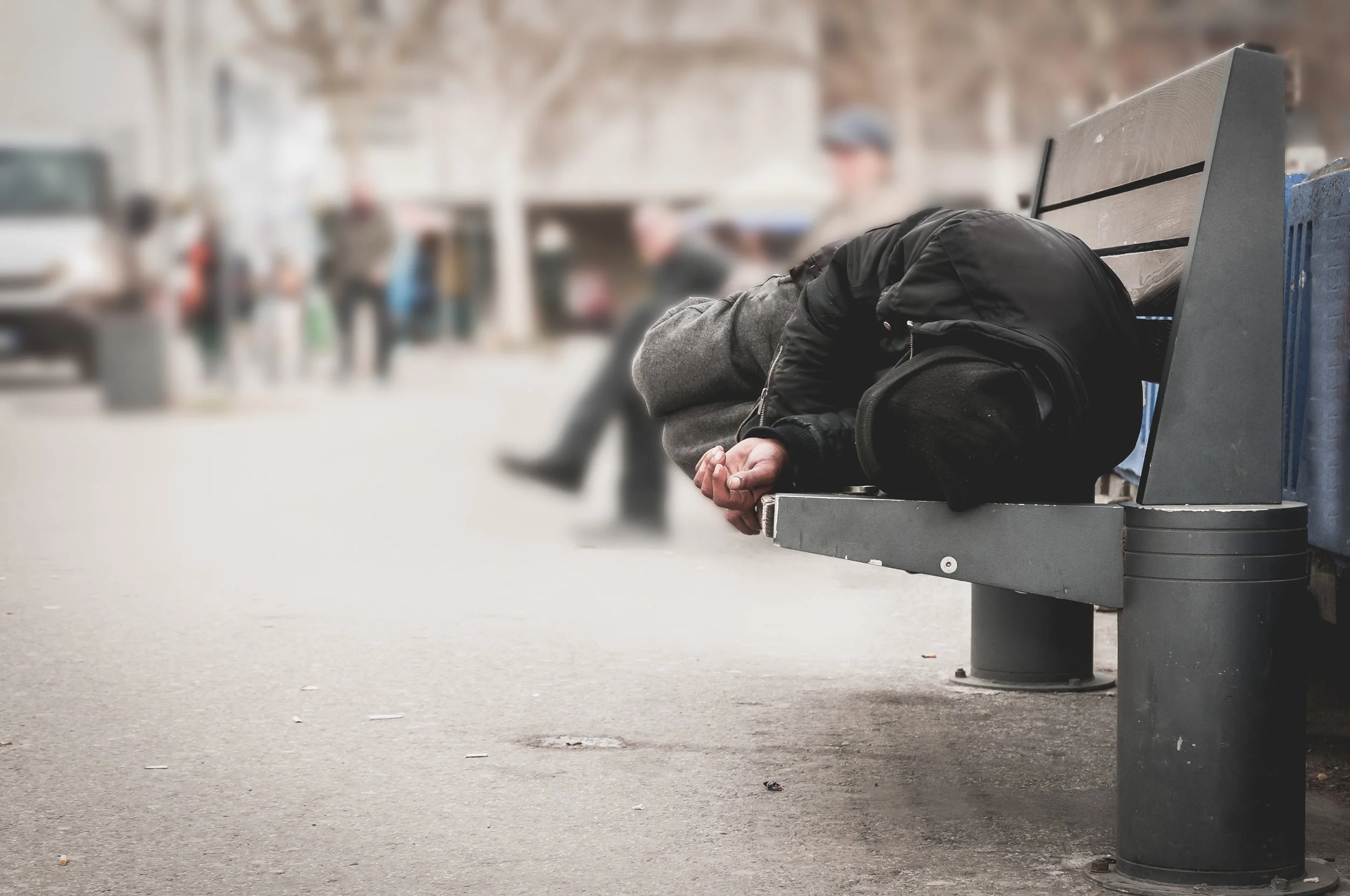Impact Fund Grantees Combat Injustice & Score Major Victories in 2023
Sanjana Manjeshwar, Grant Program Associate
As we approach the end of 2023, we wanted to take a moment to reflect on our grantees’ incredible accomplishments. This year, Impact Fund grantees achieved meaningful change for a wide range of communities experiencing injustice, including incarcerated people, racial justice protesters, mobile home residents, unhoused people, and more. Below, we have compiled some inspiring success stories from our grantees whose cases recently ended.
Mountain State Justice saved lives and improved access to healthcare for incarcerated people in Baxley v. Jividen, a civil rights class action against West Virginia’s jail system. Prior to this lawsuit, West Virginia jails routinely denied basic medical services and disability accommodations—including psychiatric medications, hearing aids, and HIV treatment drugs—to incarcerated people with diagnosed health conditions. On the eve of trial, the case ended in a successful settlement requiring West Virginia jails to significantly expand access to medical treatments, hire full-time medical staff, and increase oversight of medical services. Over the next several years, Mountain State Justice will diligently monitor the situation to ensure that incarcerated people can access the healthcare they need without facing unnecessary barriers. The Baxley plaintiffs, whose courage and determination greatly inspired us, were inducted into the Impact Fund Class Action Hall of Fame earlier this year.
Mountain State Justice will monitor the situation in West Virginia to ensure that incarcerated people can access the healthcare they need.
In California Coastkeeper Alliance v. Sacramento Area Sewer District, a Clean Water Act enforcement action, California Coastkeeper Alliance achieved a commitment from Sacramento County to clean up its contaminated waterways. For years, raw sewage containing human waste, toxic chemicals, and bacteria has overflowed into the Sacramento River and other nearby bodies of water, posing a serious threat to the environment and to human health. The Sacramento County sewer system serves a population of approximately 1.2 million people, for whom contact with spilled sewage could result in not only sickness from bacteria, but also long-term health issues such as cancer and reproductive harm. As a result of the lawsuit, Sacramento County agreed to upgrade its sewer system and work to eliminate this dangerous practice, ensuring cleaner water throughout the Sacramento region.
Fish Potter Bolaños helped prevent the unfair termination of African American public-school staff in Chicago Teachers Union v. Board of Education, an employment discrimination class action against the Chicago Board of Education for its racially discriminatory “turnaround” policy. Under this policy, beginning in the mid-2000s, the Board of Education selected “low-performing” public schools to be privatized and then fired all staff. Chicago public schools remain heavily segregated, and most of the schools closed were staffed primarily by African American teachers and professionals, leading to significant racial disparities in the firings of staff members—the number of African American educators in Chicago public schools decreased from 40 percent to just 20 percent. The lawsuit’s decades-long fight for justice eventually resulted in meaningful change. After this litigation began, no new “turnarounds” occurred, and the Board of Education eventually formally ended this unfair policy in 2021. The case settled for more than $9 million to help compensate the staff who were fired.
A nationwide need exists to address the crisis faced by many elderly and low-income residents living in crumbling mobile home parks.
In Craw v. Hometown America, an economic justice class action against a corporate owner of mobile home parks, Northeast Legal Aid improved the living conditions of thousands of mobile home residents in Massachusetts. The mobile home parks’ owner refused to maintain or repair the parks’ infrastructure, such as the concrete driveways, walkways, and slabs on which the mobile homes rest. As a result, the mobile homes experienced frequent flooding and water damage. These unsafe conditions endangered the health of the residents, many of whom are elderly and have disabilities. The case ended in a settlement requiring the parks’ owner to pay nearly $5 million in compensation to the residents, and to take steps to fix the damage and improve the parks’ infrastructure. When properties are allowed to fall into illegal disrepair, communities face significant health and safety risks. This case is a reminder that slumlords, corporate or otherwise, are not above the law, and that a nationwide need exists to address the crisis faced by many elderly and low-income mobile home park residents.
Most & Associates won a $1.17 million settlement in Imani v. City of Baton Rouge, a civil rights case seeking accountability for police violence in Baton Rouge, Louisiana. This case was brought on behalf of protesters and journalists who were violently and illegally arrested at protests following the police shooting of Alton Sterling, an unarmed Black man, in 2016. The settlement represents a significant victory for the plaintiffs, especially considering the legal barriers to police accountability litigation in Louisiana. According to a Law360 article about this historic settlement, “For the protesters and lawyers, the suit was never about money. Instead, they said it was about one of America's sacred rights: to challenge government action without fear of retribution.”
Where else to go? Thanks to Martin, cities cannot enforce anti-camping ordinances against unhoused people if there are not enough shelter beds available.
Finally, in Martin v. Boise, the National Homelessness Law Center successfully challenged unconstitutional city ordinances that targeted unhoused communities in Boise, Idaho. Under these “anti-camping” ordinances, the city had been arresting unhoused people who were sleeping outdoors overnight—even when there were no free shelter beds available for them to sleep in. After years of litigation, the case ended in a precedent-setting win at the Ninth Circuit Court of Appeals, which ruled that cities cannot enforce anti-camping ordinances against unhoused people if there are not enough shelter beds available. Following this ruling, multiple states and cities have invested billions of dollars into homelessness prevention services, and Boise agreed to amend its anti-camping ordinances to no longer criminalize homelessness. Housing, not handcuffs, was always the goal of the plaintiffs and their attorneys in this case. The victory in Martin provides cities with the opportunity to take meaningful steps to solve homelessness, instead of just trying to shield it from public view through criminalization.
We were honored to help support these cases, which demonstrate how impact litigation can be an effective tool to hold powerful entities accountable. We are excited to continue supporting impact lawsuits in pursuit of economic, environmental, racial, and social justice, and are eager to see what our grantees are able to accomplish in the coming year.
From all of us at the Impact Fund, we wish you and yours a very happy holiday season. We look forward to working alongside you in 2024 for a more just and equitable world!




